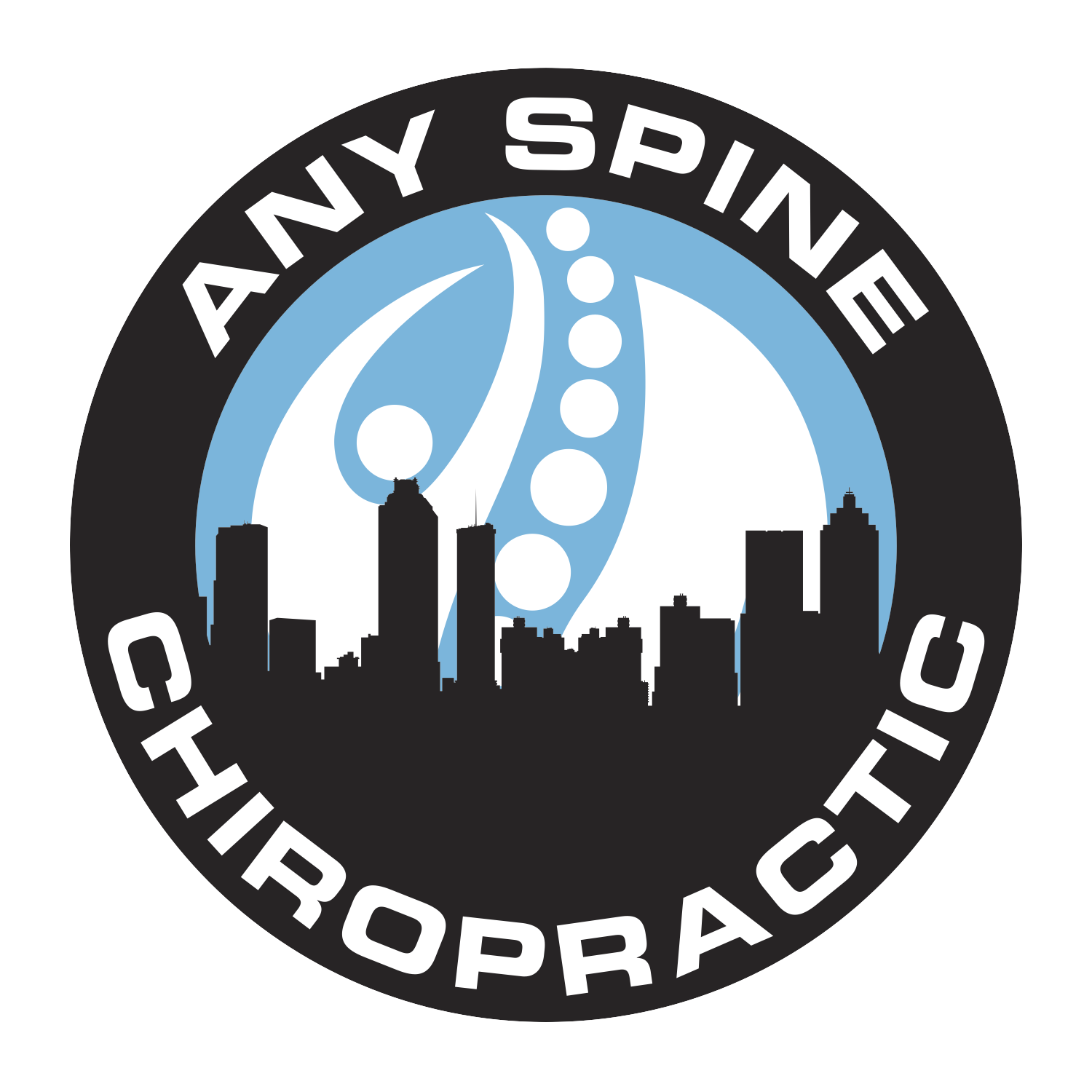In the vast and intricate world of the human body, where the heart, brain, and muscles often steal the spotlight, there lies a less celebrated but equally vital system: the lymphatic system. Dubbed the body’s “forgotten” system, it plays a crucial role in our immune response, fluid balance, and overall health. This article sheds light on the lymphatic system, emphasizing how lymph nodes combat infection, the advantages of lymphatic drainage massage, and understanding when swollen lymph nodes could signal something more serious.
How Lymph Nodes Fight Infection
Lymph nodes are small, bean-shaped structures that serve as filtration points in the lymphatic system, trapping viruses, bacteria, and other invaders. These nodes are not just passive filters; they’re bustling centers of immune activity. Within these nodes, lymphocytes (a type of white blood cell) and macrophages work tirelessly to identify and destroy pathogens, effectively preventing the spread of infections throughout the body.
When a pathogen is detected, the lymph node becomes a battleground where the immune system mounts its defense, leading to the production of antibodies. This process can cause the lymph nodes to swell, a sign that the body is actively fighting an infection. Thus, the lymph nodes are critical in early immune response, offering a first line of defense against potential threats to our health.
The Benefits of Lymphatic Drainage Massage
Lymphatic drainage massage is a gentle, therapeutic massage technique that supports the efficient functioning of the lymphatic system. It’s designed to stimulate the flow of lymph, the fluid that carries waste products away from the tissues back toward the heart. Here are some of the benefits of this specialized form of massage:
- Detoxification: By encouraging the flow of lymph, this massage helps the body remove toxins and waste products, promoting a healthier immune system.
- Swelling Reduction: It’s particularly beneficial for individuals suffering from lymphedema (swelling due to lymphatic system blockage) by reducing swelling and discomfort.
- Immune System Boost: Improved lymph flow enhances the body’s ability to fight off infections by ensuring a more efficient transport of immune cells throughout the body.
- Relaxation and Stress Reduction: The gentle, rhythmic strokes of lymphatic drainage massage offer relaxation benefits, reducing stress, which is known to impair immune function.
Swollen Lymph Nodes: When to Worry
While swollen lymph nodes are typically a sign of your body effectively fighting off an infection, there are instances when they could be a cause for concern. Here’s when you should seek medical advice:
- Persistence without Infection Symptoms: If the swelling lasts for more than two weeks without signs of infection (like a cold or flu), it’s wise to consult a healthcare professional.
- Hard, Fixed Nodes: Lymph nodes that feel hard, immovable, or rubbery, and do not return to their normal size could indicate a more serious condition.
- Accompanied by Systemic Symptoms: Swelling accompanied by persistent fever, night sweats, unexplained weight loss, or fatigue warrants a medical evaluation.
The lymphatic system, with its network of vessels, nodes, and organs, plays an indispensable role in maintaining our body’s defenses. By understanding how lymph nodes fight infection, the benefits of lymphatic drainage massage, and recognizing when swollen lymph nodes might be more than just a reaction to an infection, we can better appreciate this “forgotten” system’s crucial role in our health and well-being. It’s a gentle reminder that every part of our body, no matter how small or seemingly insignificant, contributes to our overall health puzzle.

